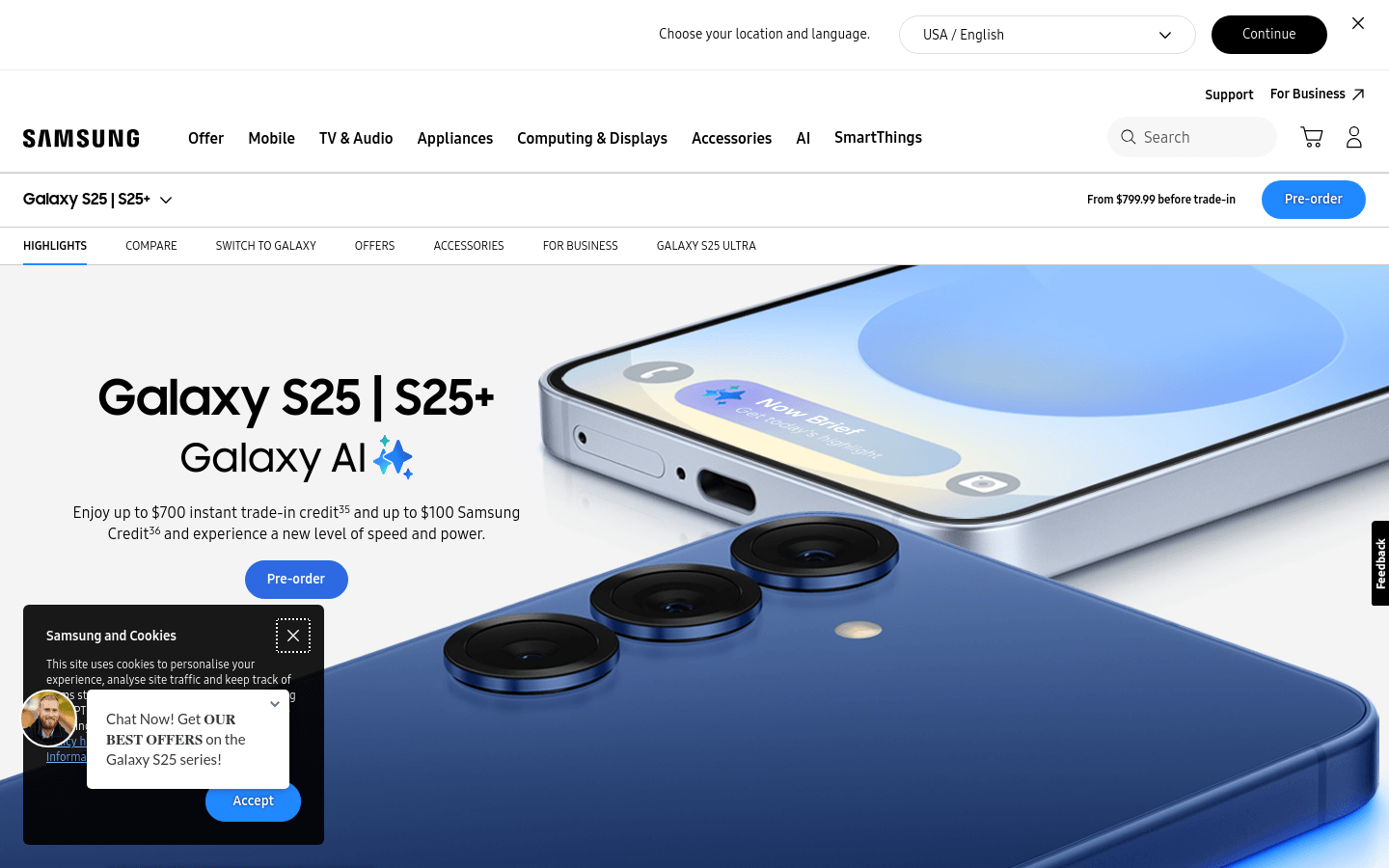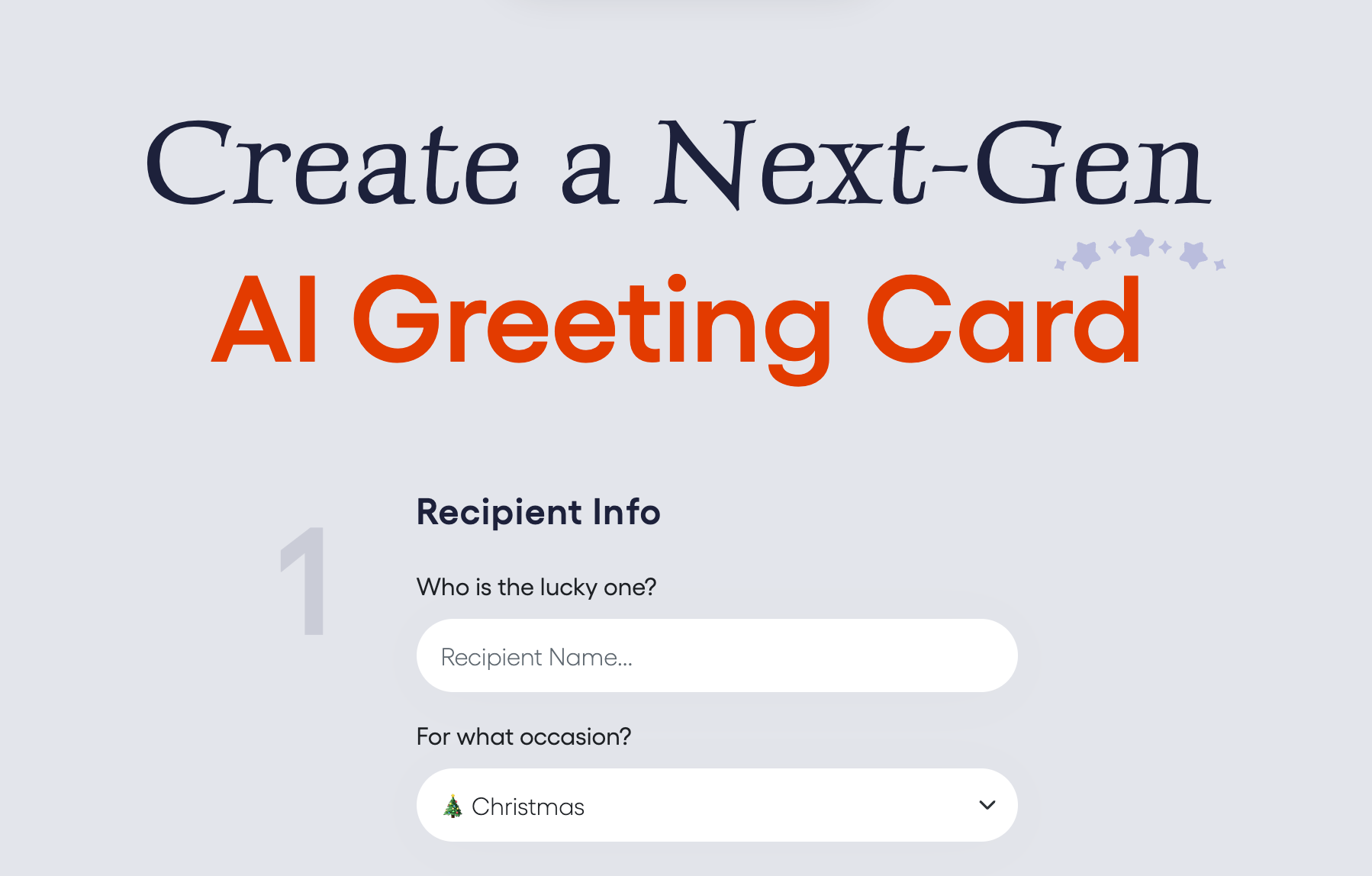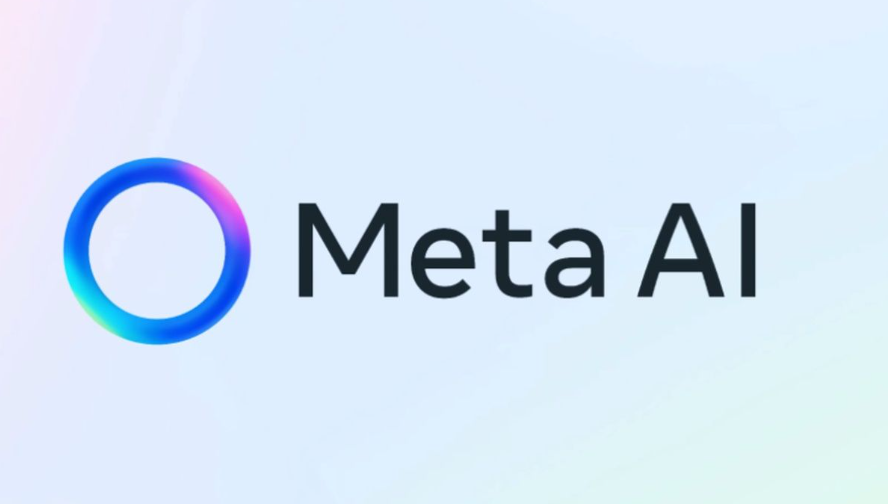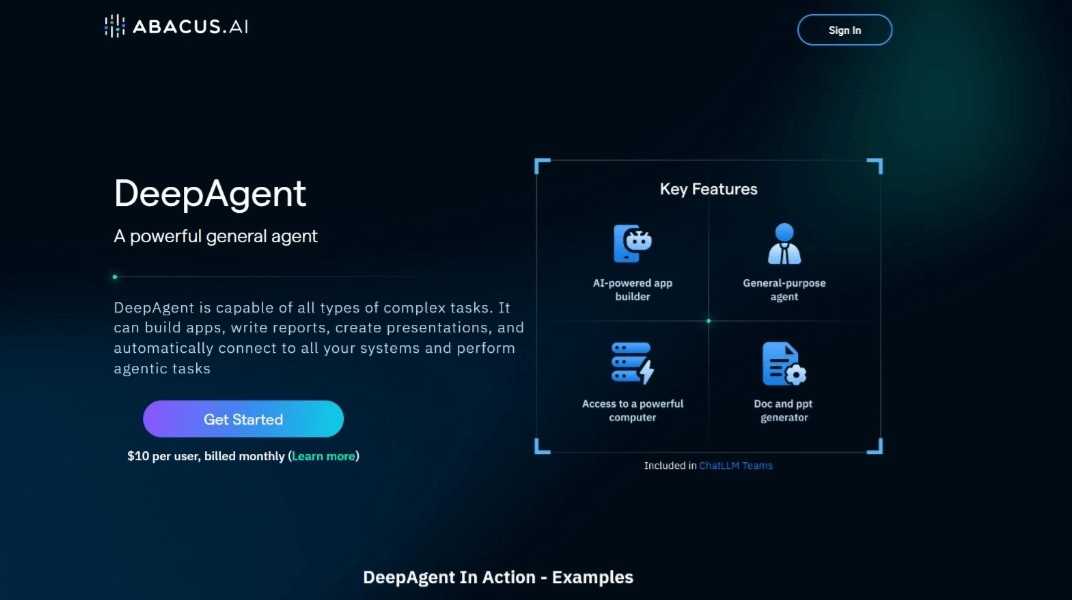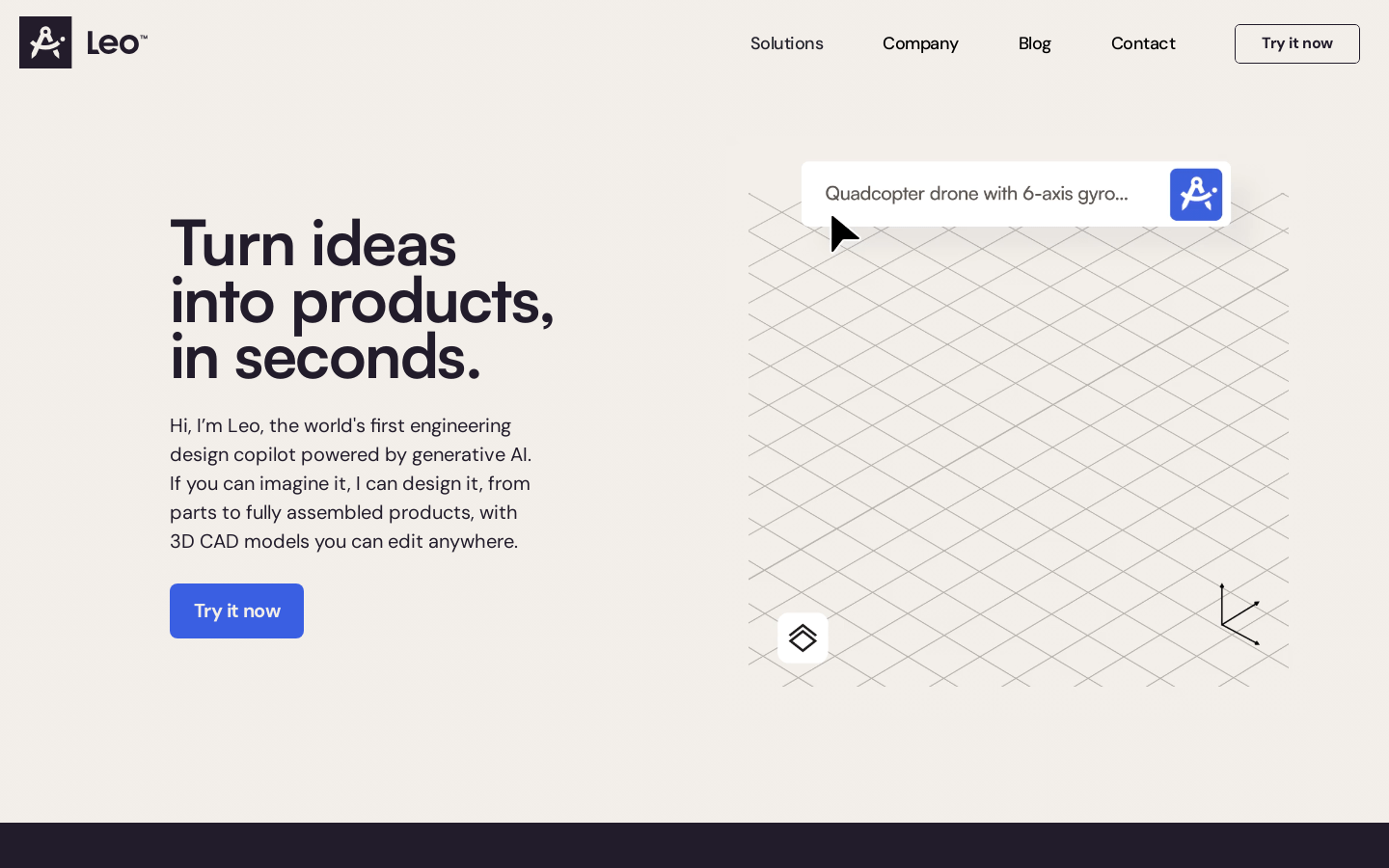
Leo™ is the world's first engineering design collaboration powered by generative artificial intelligence that turns ideas into products, from parts to fully assembled products, with 3D CAD models that can be edited anywhere. Trained on millions of CAD files and design inputs, Leo™ translates mechanical language into 3D mechanical models that comply with the latest industry standards and best practices. Leo™ will not replace engineers, but engineers who use Leo™ will replace engineers who don't use Leo™ . Welcome to a new era of limitless engineering innovation. Leo™ transforms text, sketches, specifications and CAD constrained models into complete, DFMA-optimized product assemblies. Engineers and designers can quickly and easily brainstorm, sketch, and design complex 3D mechanical products without the heavy lifting. Companies can use AI to train according to your design guidelines, reducing project costs and time and increasing productivity and revenue. Leo™ solutions include Leo™ Ideation and Leo™ CAD. Leo™ Ideation quickly streamlines design alternatives and technical documentation in seconds. Leo™ CAD's artificial intelligence can quickly transform design concepts into optimized 3D CAD models, cutting engineering time and costs by 70%. We are currently inviting engineers and designers to test early versions of the Leo™ concept.
Demand group:
"Quickly simplify engineering design, product design, and technical documentation"
Example of usage scenario:
Engineers use Leo™ Ideation to quickly streamline design alternatives and technical documentation.
Designers use Leo™ CAD to quickly transform design concepts into optimized 3D CAD models.
Companies use Leo™ to quickly transform ideas into products, reduce project costs and time, and increase productivity and revenue.
Product features:
Turn ideas into products
Generate 3D mechanical models
Quickly simplify design alternatives and technical documentation
Quickly transform design concepts into optimized 3D CAD models

